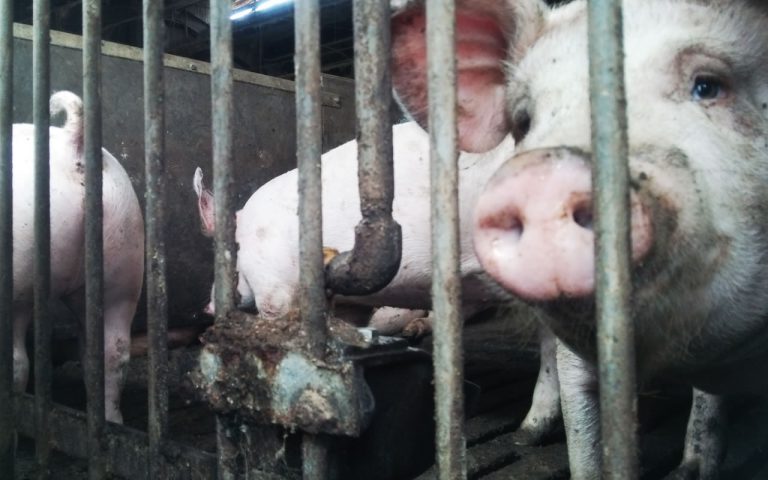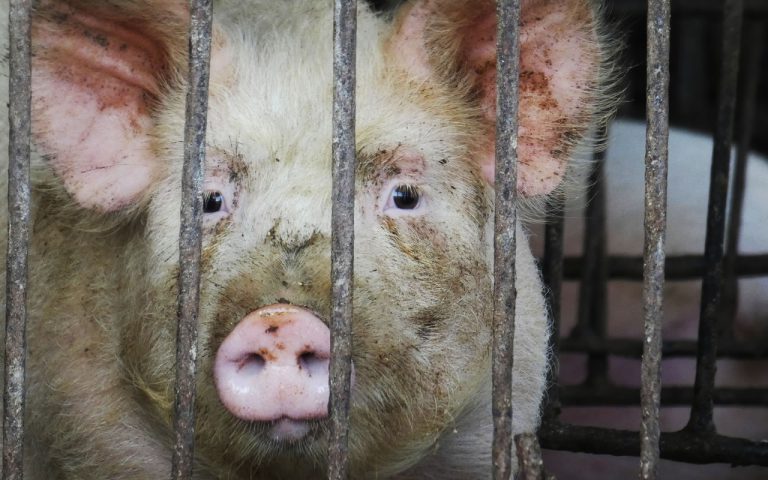
Category Animal Welfare

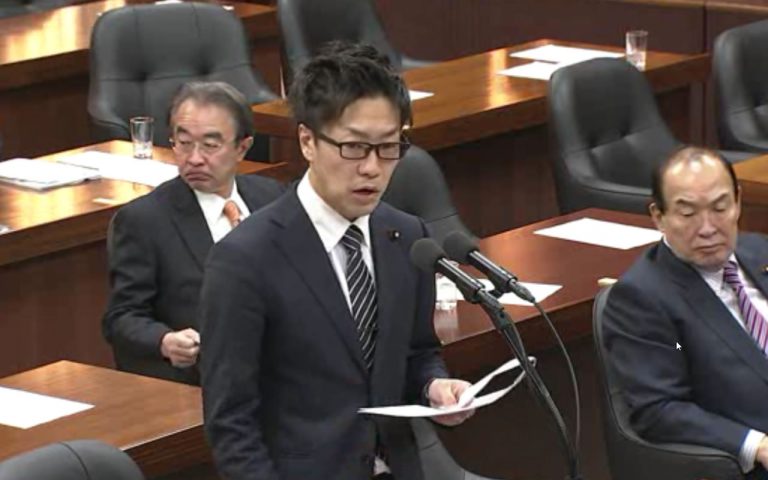
Farm Animal Welfare and Slaughterhouses Discussed in Parliament
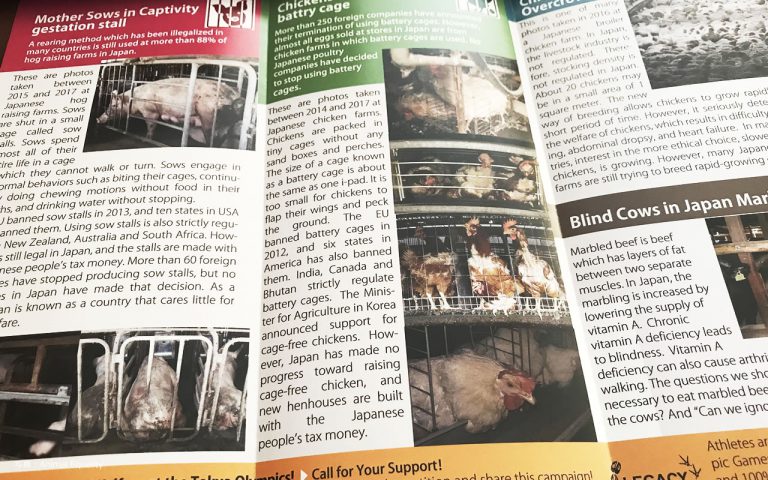
Farm Animals in Japan
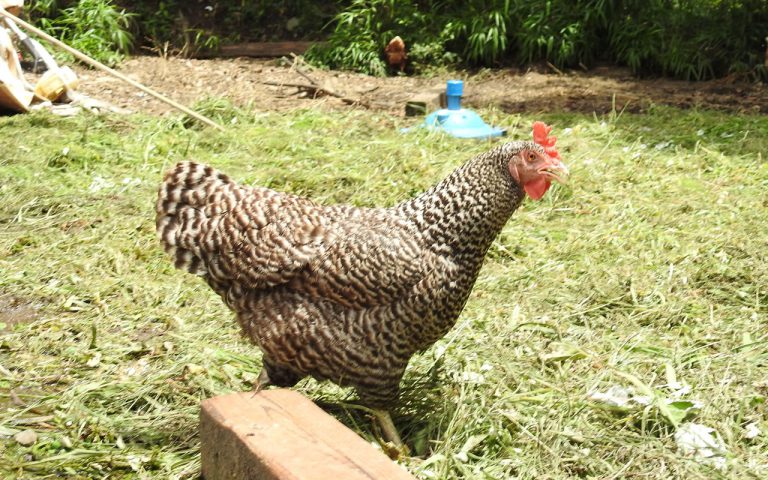
Asking Companies to Work on Animal Welfare

Morgan Mitchell joins Legacy For Animals campaign
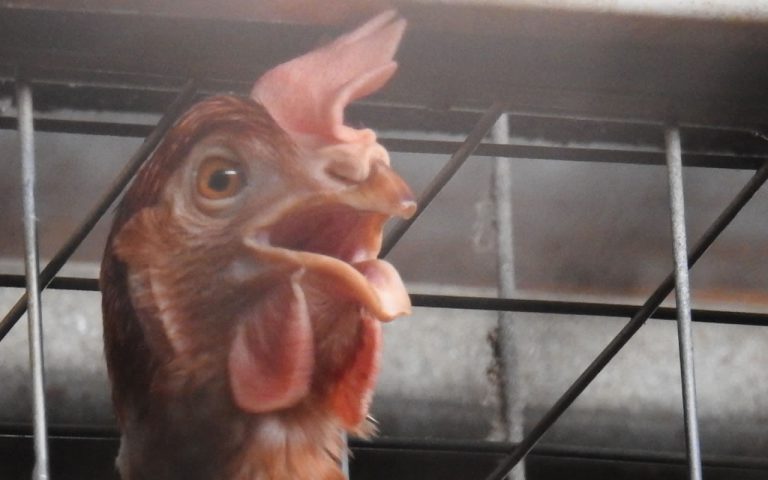
Can Laws Protect Farm Animals?
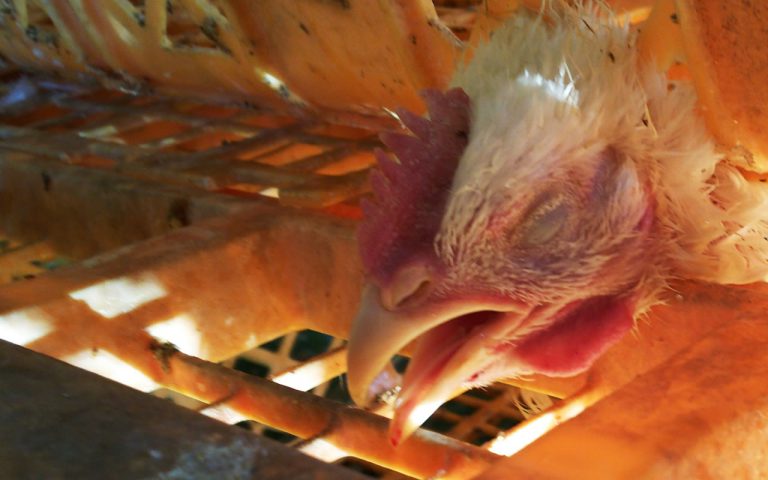
Dark side of Agriculture Business in Japan:10 common daily abuse cases
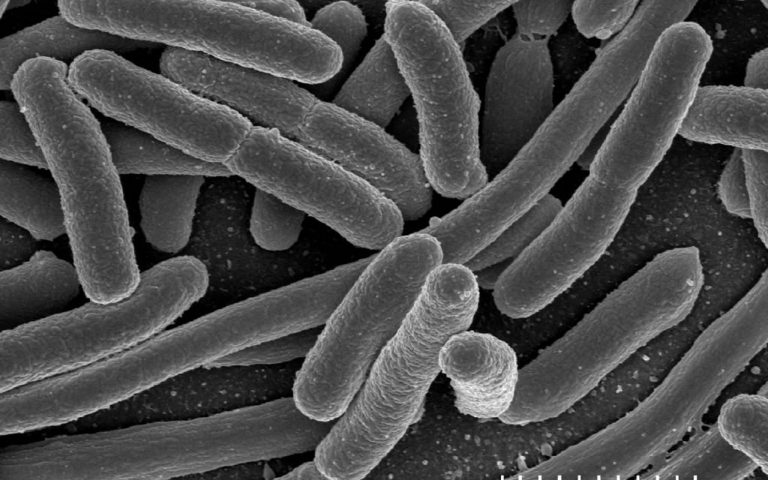
The dangers of drug-resistant bacteria: antibiotics-resistant bacteria found in more than half of chicken meat

10 Olympians demand cage-free and stall-free for the 2020 Tokyo Olympics
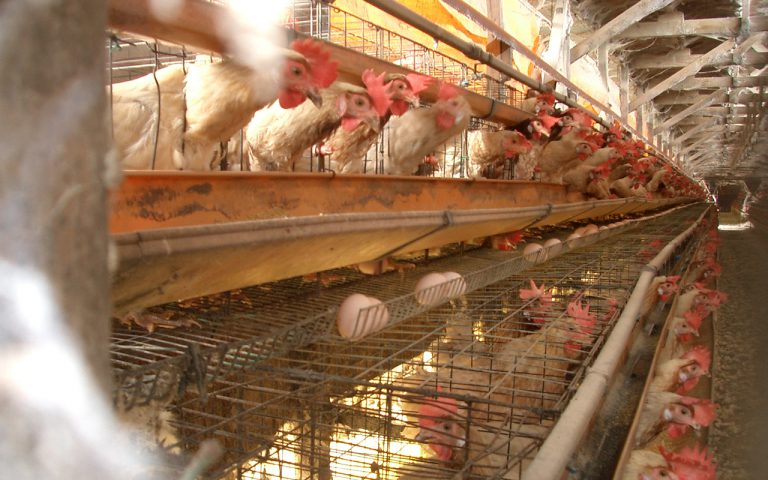
Petition of Cage-Free egg’s Reactions of companies to which we submitted

Petitions to Protect Animal Welfare for the Tokyo Olympics Submitted to Cabinet Secretariat
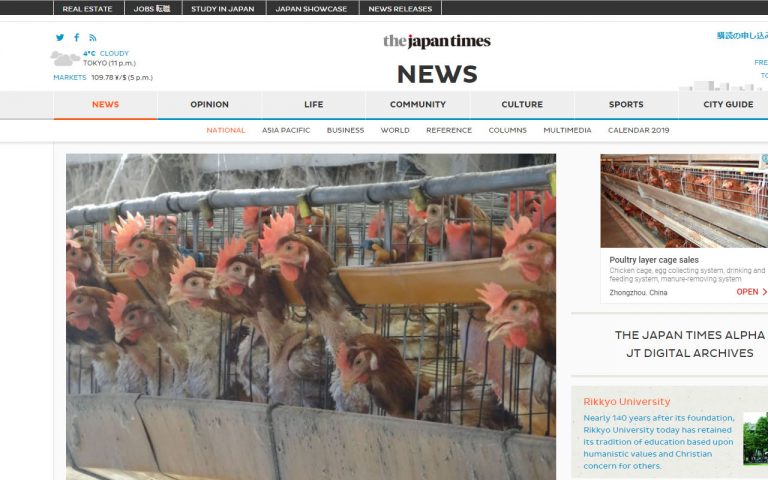
News Reports on Animal Welfare for the Tokyo Olympics and Paralympics

General Questions about Animal Welfare in the Miyagi Prefecture Assembly
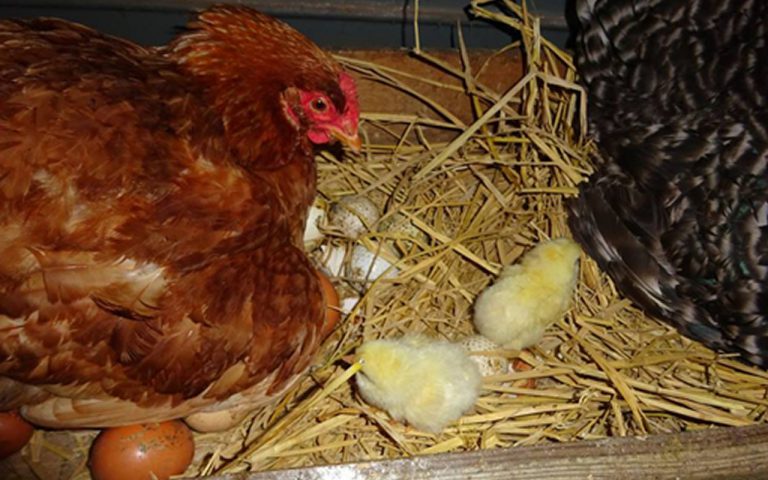
“I try not to forget the courtesies against chickens.”
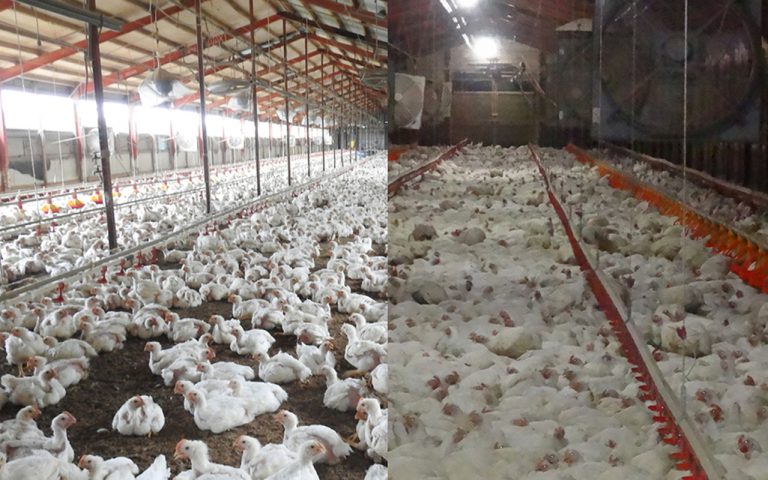
Increase in numbers of windowless poultry houses in Japan
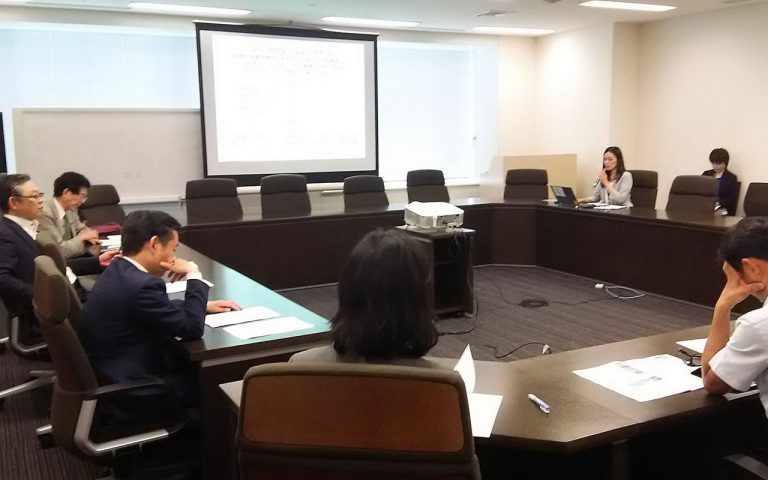
Study Group held on Animal Welfare issues within the Democratic Party
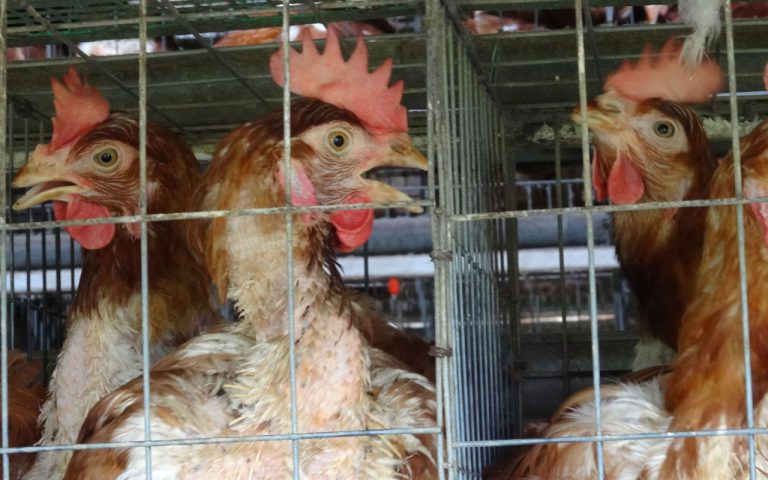
JGAP Certificate Issued, not promising animal welfare
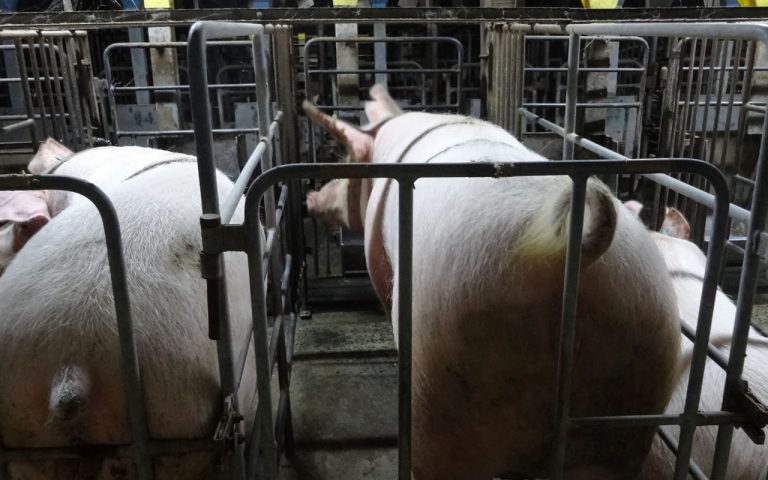
Tokyo Olympics & Paralympics: Downgrading Animal Welfare Issues
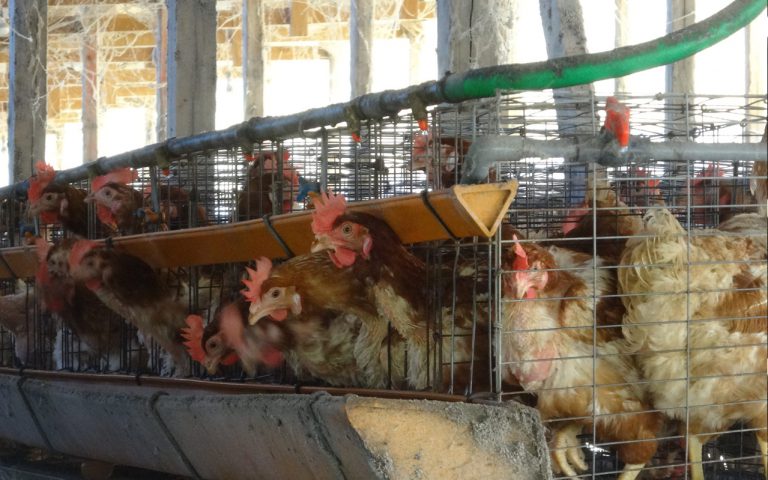
Petition”Please do not lock down laying hens”
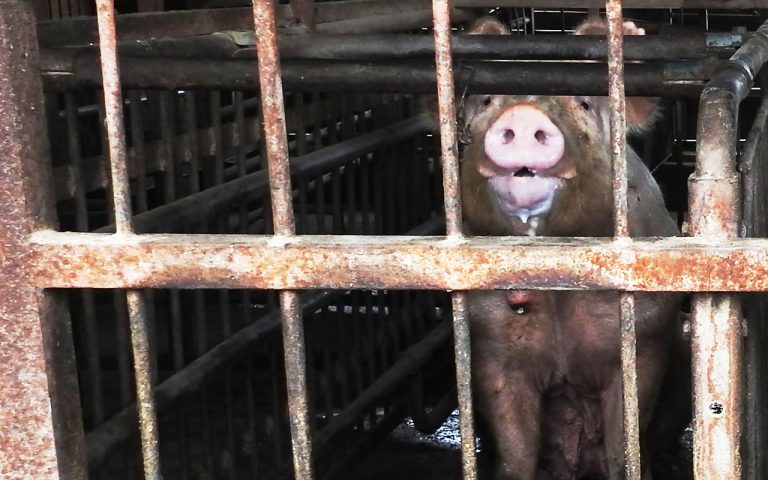
Save mother pigs!
